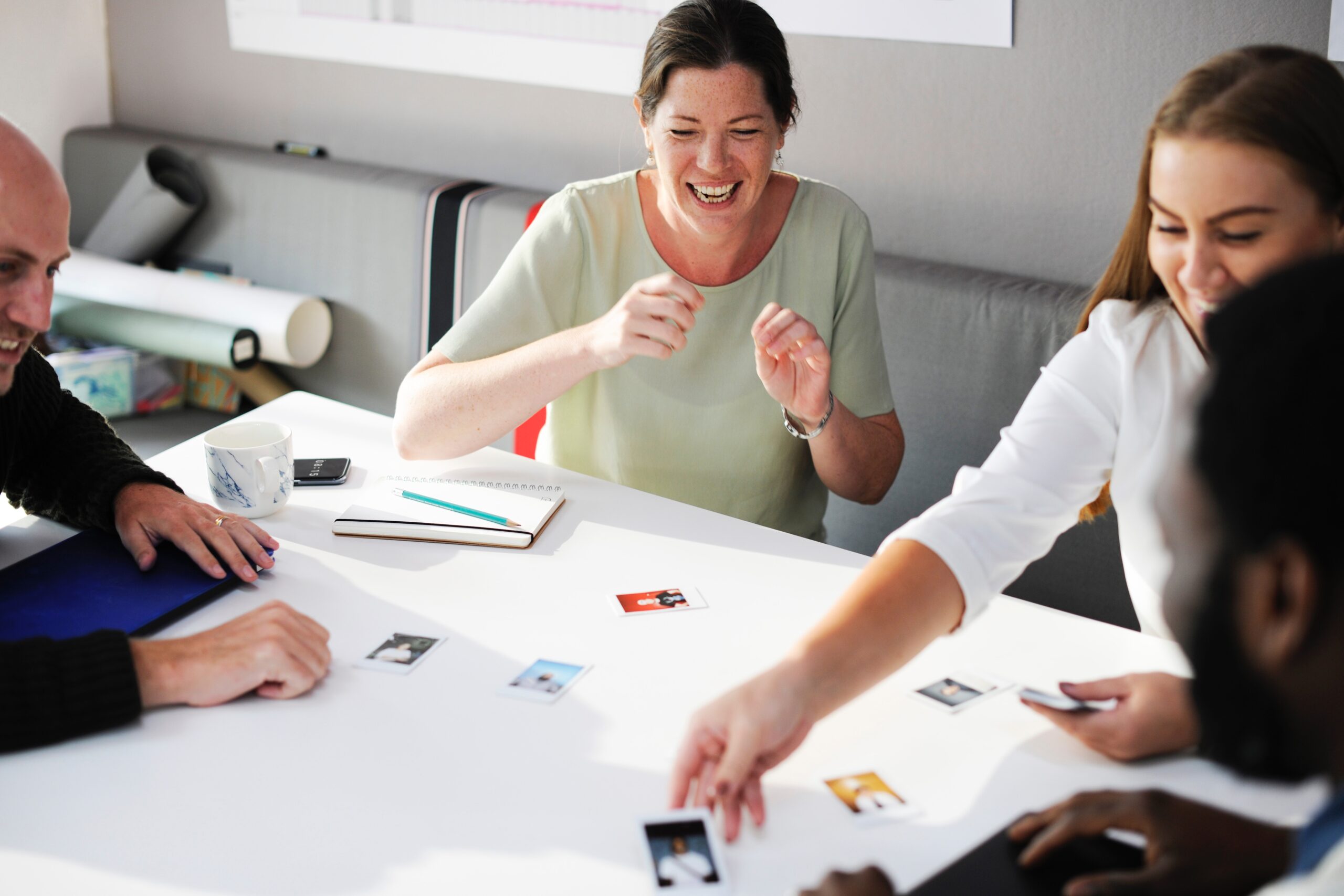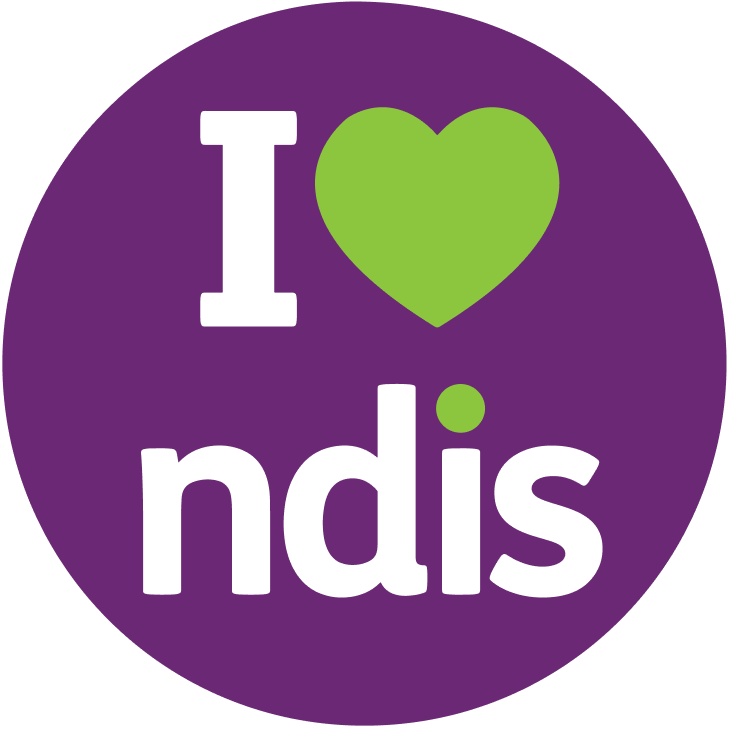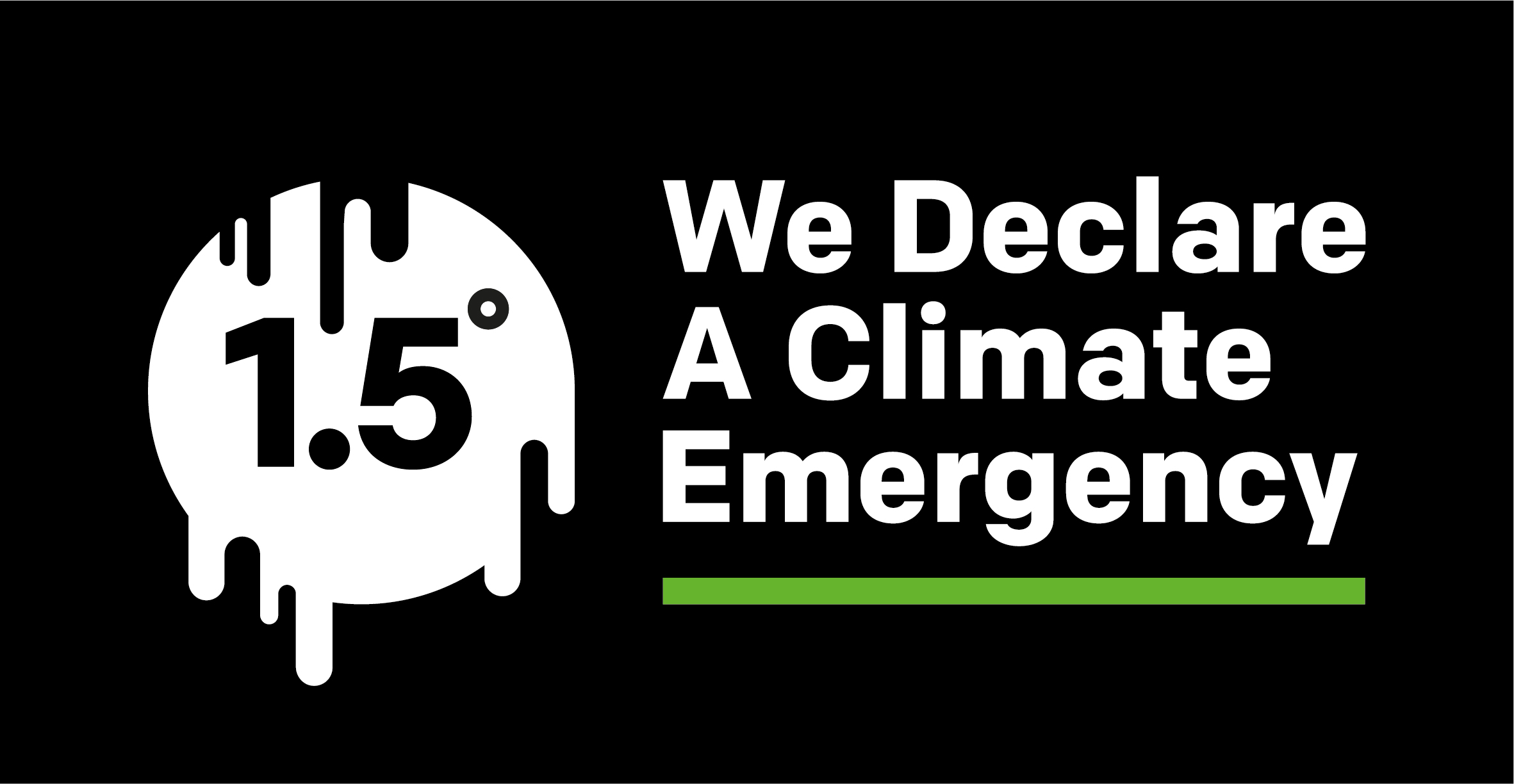Roles in care teams

| Title | Role | Funding Category |
|---|---|---|
| Support Coordinator (SC) | A support coordinator will work with you to ensure a mix of supports are used to increase your capacity to maintain relationships manage service delivery tasks live more independently and be included in your community. A support coordinator will support you to understand and implement supports included in your plan. A support coordinator will link you to providers and other community and government services. | Capacity Building |
| Local Area Coordinator (LAC) / Support Connection (ages 7 – 18+) | This support is to build your ability to connect with informal, community and funded supports enabling you to get the most out of your plan and pursue your goals. a NDIS partner in the community who helps you to understand and access the NDIS. A LAC is involved in the planning, building, implementation, and review of your NDIS Plan. The LAC will help you understand your Plan and assist you to identify service providers. A LAC may also be your NDIS contact person and you can discuss with them any questions you have about your NDIS Plan. A LAC provides these services for free; there is no NDIS funding needed or allocated for the Support Connection services they provide. | N/A |
| Early Childhood Partners (ages 0-6yrs) | Local organisations funded by NDIS to deliver the early childhood approach. Early childhood partners have teams of professionals with experience and clinical expertise in working with young children with developmental delay or disability and their families. For clients, using a family-centred approach, they can;
|
Improved Daily Living |
| Specialist/Complex Support Coordination | This is a higher level of support coordination. It is for people whose situations are more complex and who need specialist support. A specialist Support Coordinator will assist you to manage challenges in your support environment and ensuring consistent delivery of service.
Similar to NDIS Support Coordination, complex case management is a type of specialist support coordination for those with more complex needs. If you have additional high or complex needs, you may need support from specialists including Psychiatrists or mental health workers, social workers or other health professionals. If multiple family members in your household are living with disabilities it may cause barriers to accessing your supports. A Specialist Support Coordinator works with you and your family by addressing the complex barriers which are impacting your plan and helps you to reduce the complexities in your environment. Specialist Support Coordinators help by building capacity and resilience for when stress levels rise and communication breaks down, and know how to respond in crisis situations. An NDIS funded support, Specialist Support Coordination is designed to facilitate the access to required supports to help you live a normal and fulfilling life. |
Capacity Building |
| Complex Case Manager / Case Manager / DHHS Case Manager | You may often see “Case Manager” interchanged with specialist support coordinator, or in relation to a DHHS case. Occasionally you may see clients receiving case management support externally to this. Disability case management is a specialization in the healthcare services industry that focuses on assessing disabled individuals for services in order to address physical and mental health needs. Follow this link for further information on the role of DHHS case management for clients with and without a NDIS plan: https://www.cfecfw.asn.au/wp-content/uploads/2019/06/DHHS-CP-Guidelines-Case-management-and-NDIS.pdf | Capacity Building |
| Plan Manager (PM) |
If a client has chosen Plan Management on their NDIS plan: Plan management providers can purchase supports on behalf of participants from either registered or unregistered providers. A plan manager will receive funds from the NDIA and disburse funds on behalf of a participant to providers of other services received. A plan manager will help you monitor your funds, and provide financial reporting. They can:
|
|
| Key Worker (KW) | A Key Worker is an early childhood intervention professional such as an Early Childhood Special Educator, Speech Pathologist, Occupational Therapist, Psychologist or other paediatric allied health professional. The Key Worker is the main person who is working alongside the family/carer to support the child’s progress towards plan goals. The Key Worker liaises with their team in the child’s life (which can include the parent/carers as well as occupational therapists, speech therapists, physiotherapists, psychologists, social workers and specialist early childhood educators) and other services (e.g. Early Childhood Education and Care centres) working together when working with the family/carer to support the child. The Key Worker may implement a transdisciplinary approach to therapy integrating strategies from core therapists. | Improved Daily Living |
| Social Worker |
The NDIS created new roles for social workers. Social workers have the knowledge, skills and expertise to provide supports at numerous levels including as local area coordinators, planners, community development and direct practice roles. Social workers can become providers and be registered through the NDIS to provide a wide range of supports including:
Occasionally you will see Social Workers continuing their work in their traditional role for NDIS clients, but more so labelled as a “case manager” or in complex coordination situations.
Social Workers outside of the NDIS or those acting as case managers, continue to help people experiencing a range of issues including family problems, anxiety, depression, crisis and trauma. They provide information and support to people who have mental health issues or those who need counselling.
|
Capacity Building |
| Support Worker |
The Support Worker’s role is providing direct support such as personal care assist, community support, social support and inclusion.
This position will also involve, but is not limited to supporting independent living skills, domestic activities, improved relationships and assistance with transport.A Support Worker would ideally have one of the following qualifications:
|
Core Support |
| Occupational Therapist (OT) |
OTs work with people living with permanent and significant disability to assist them to achieve participation in everyday occupations to lead healthy and independent lives. Can support clients across the lifespan with any of their occupations / routines / things that they occupy their time with such as:
|
Improved Daily Living |
| Speech Pathologist (SP) |
Can support clients across the lifespan with any of the following:
|
Improved Daily Living |
| Physiotherapist (PT) | Physiotherapy can assist people with disability in a variety of ways, including treatment for pain management, home exercise programs for rehabilitation, advice on the management of specific conditions and providing recommendations for equipment and mobility aids. | Improved Daily Living |
| Psychologist | NDIS provides funding and support for persons diagnosed with psychosocial disabilities. Psychologists help NDIS participants manage depression and anxiety, develop goals and interests to increase motivation, increase confidence, increase social connectedness, manage emotions and anger, improve relationships, and enter the workforce. They can complete a specialised clinical assessment to identify the mental health, behavioural and emotional conditions preventing you from working towards your goals, and then generate an individualised, evidence-based intervention plan to address these. | Improved Relationships
Improved Daily Living |
| Positive Behaviour Support Practitioner |
The Positive Behaviour Support Practitioner will deliver individualised strategies for people with disability that are responsive to the person’s needs, in a way that increases quality of life, reduces the occurrence and impact of behaviours of concern and minimises the use of restrictive practices.
If a participant’s support needs are not complex, a single practitioner with the right expertise can develop the positive behaviour support plan and support its implementation.
If a participant’s support needs are complex, a team of professionals can work with the person and their support network to develop and implement the plan.
There are 4 different levels of PBS Practitioners (consult here for descriptions: https://www.ndiscommission.gov.au/sites/default/files/2022-05/provider-information-pack-intro-pbs-capability-framework.pdf):
|
Improved Relationships |
Shannon
Fora's Speech Pathology team





